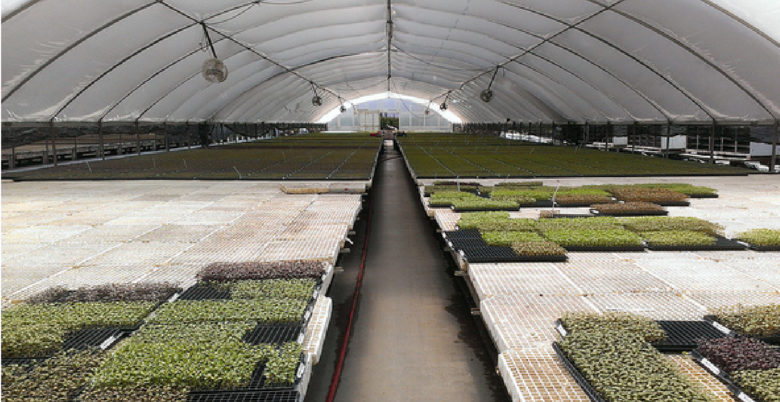
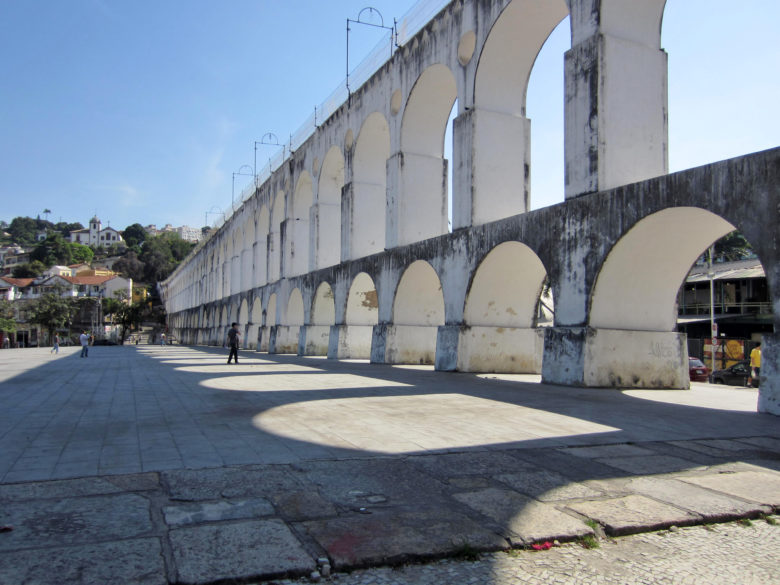
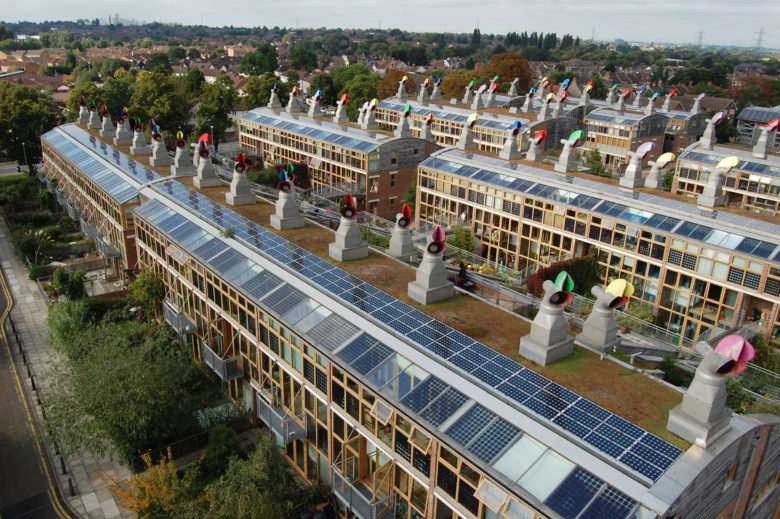
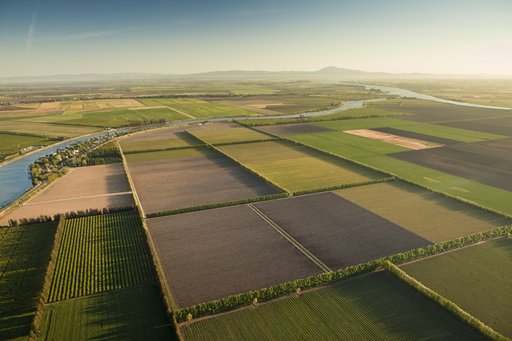
Urban SOS: All Systems Go, is an ideas competition that called on multidisciplinary teams of students worldwide to identify risks to urban food, energy, or water systems, and offer strategies that make these systems more efficient, equitable, and accessible to diverse populations.
Across the world, this critical infrastructure is increasingly at risk due to extreme weather, the impacts of climate change, and social and economic strife. In New York City, for example, if storms or a labor dispute were to disable the food distribution hub at Hunts Point for any significant length of time, 22 million people throughout the region would be left with less than three days’ worth of food. Despite the importance and vulnerability of these systems, too often we don’t pay attention to our pipelines, power grids, and food supply chains until they fail.
The competition challenged participants to visualize a systemic food, energy, or water infrastructure problem and its consequences, as well as realistic opportunities for intervention, including a prototype of one or more of their strategies that could be realized within the next 12 months. AECOM made available $25,000 of cash and in-kind staff time to support the implementation of the prototype.
In order to encourage truly interdisciplinary work that challenges conventional thinking, Urban SOS: All Systems Go asked teams to define the questions and problems they will address, pick a site or sites, and propose solutions at any scale. For instance, teams can address a single building, a neighborhood, or a landscape; they can look at a stage along a supply chain or an aspect of an infrastructure system. Proposals may range from planning frameworks to small-scale physical or social interventions, a landscape strategy, or a single piece of architecture. This openended approach requires that teams be specific, strategic, and clear about their objectives and proposed outcomes. At the same time, they shouldn’t force their proposals to solve everything.
Three short-listed teams will be invited to present their proposals before an interdisciplinary panel at the A+D Museum in Los Angeles in October 2015. Urban SOS: All Systems Go jurors will award $15,000 in prizes, which may be divided among one or more teams.
To learn more and enter the competition, visit the official Urban SOS: All Systems Go website.
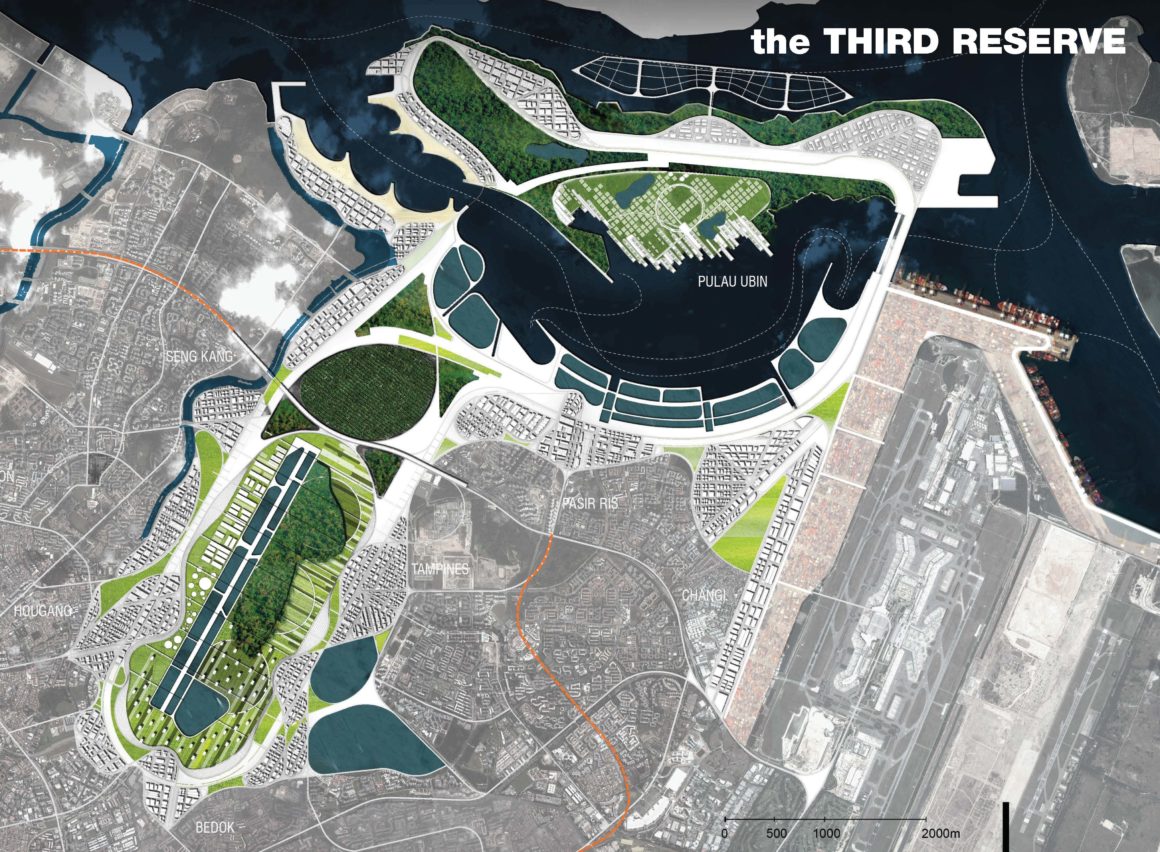
Winner
The THIRD Reserve is the winning project by Daniel Lau, Joseph Rosenberg, and Lindsay Rule, graduate design students at the University of Pennsylvania. Their project proposed to create an ambitious urban landscape to enable the island city-state of Singapore to become self-sufficient in its food production.
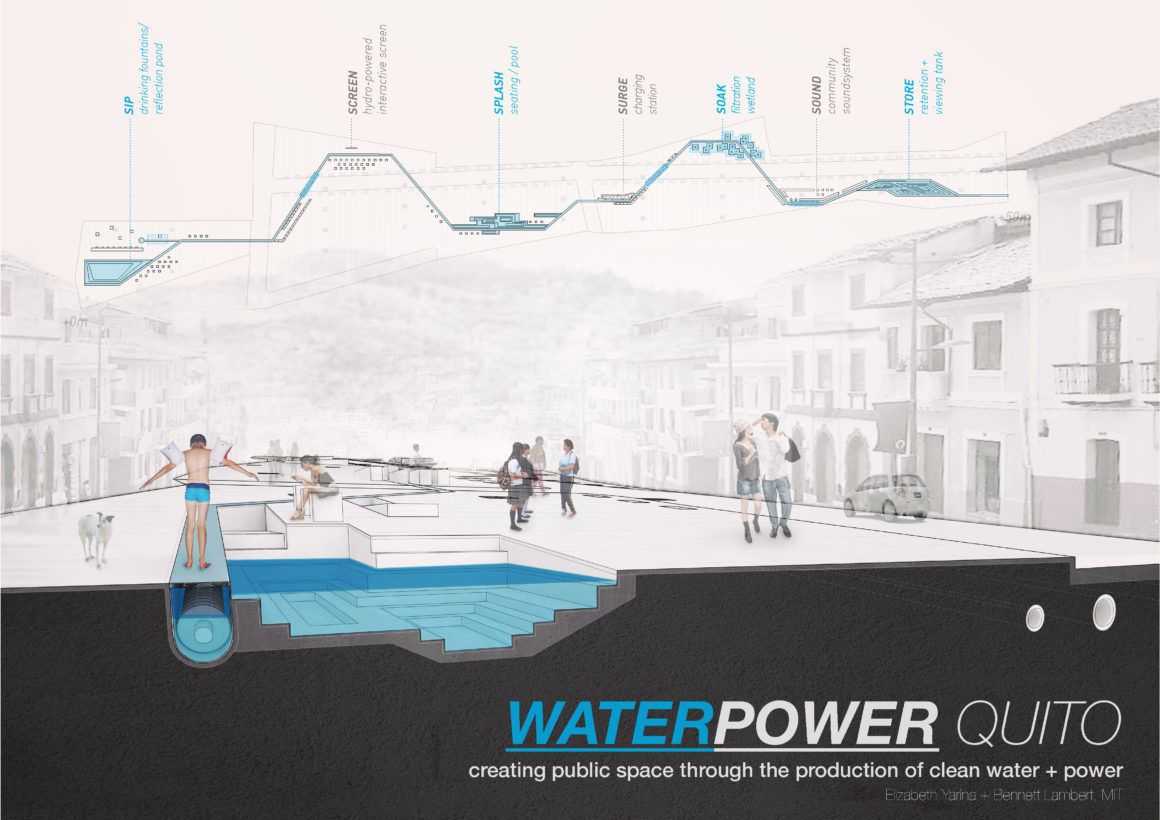
Finalist
The runner-up team, Bennett Lambert and Elizabeth Reed Yarina from MIT, received a US$5,000 prize for their scheme WATERPOWER in Quito. WATERPOWER uses stormwater management infrastructure to create public amenities – a wading pool and filtered drinking water – in the heart of Quito’s downtown.
Finalist
Michel Liang from Berkley City College, Sunantana Nuanla-or from Louisiana State University, Pin Udomcharoenchaikit from University of the Aegean, and Jacky Wah from Louisiana State University received a US$2,500 prize for their proposal CANAL SOS in Bangkok, which proposes a revitalization of a city canal to improve water quality and access to transportation.